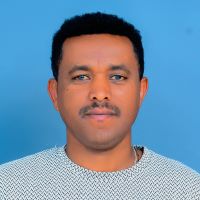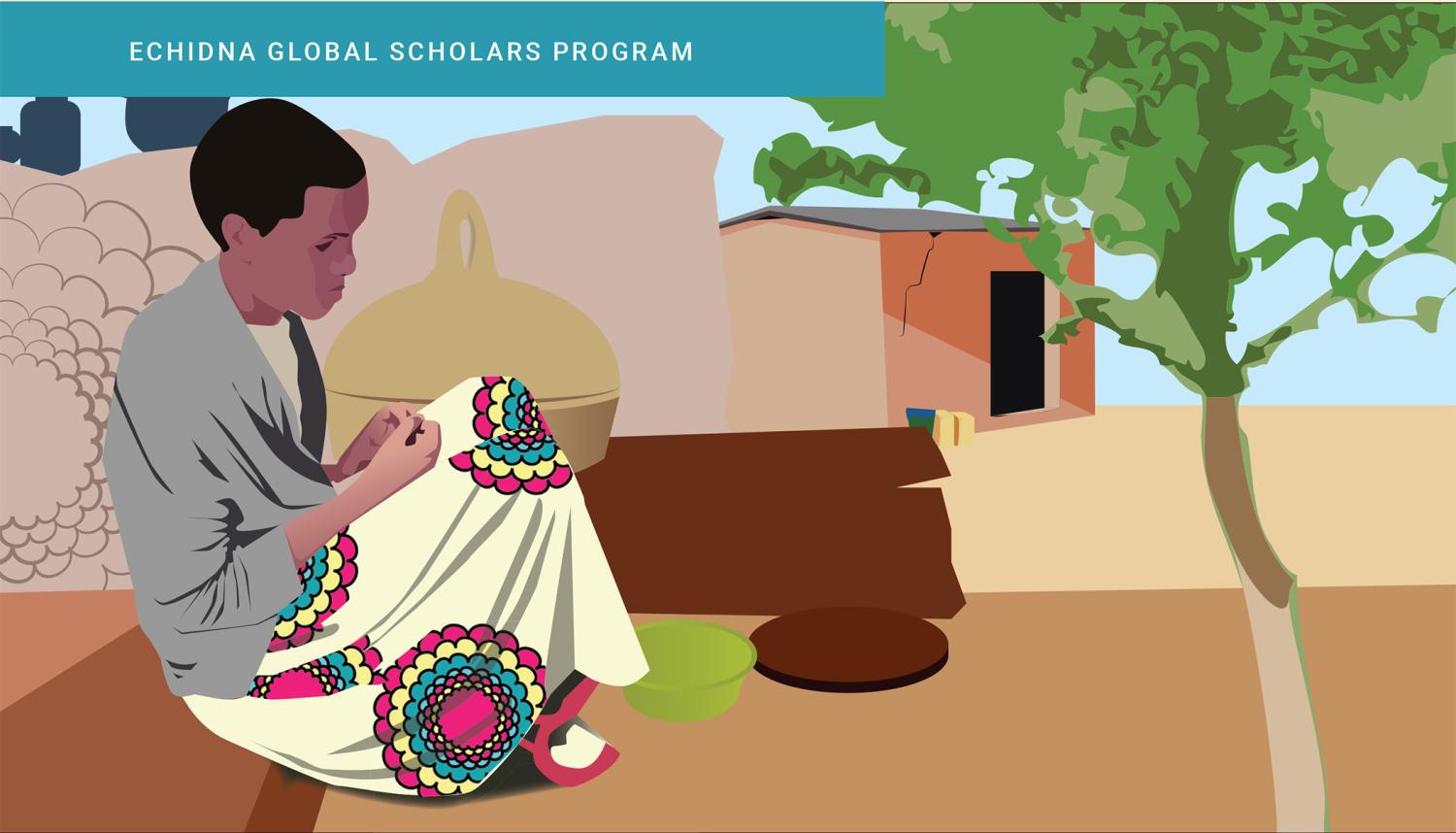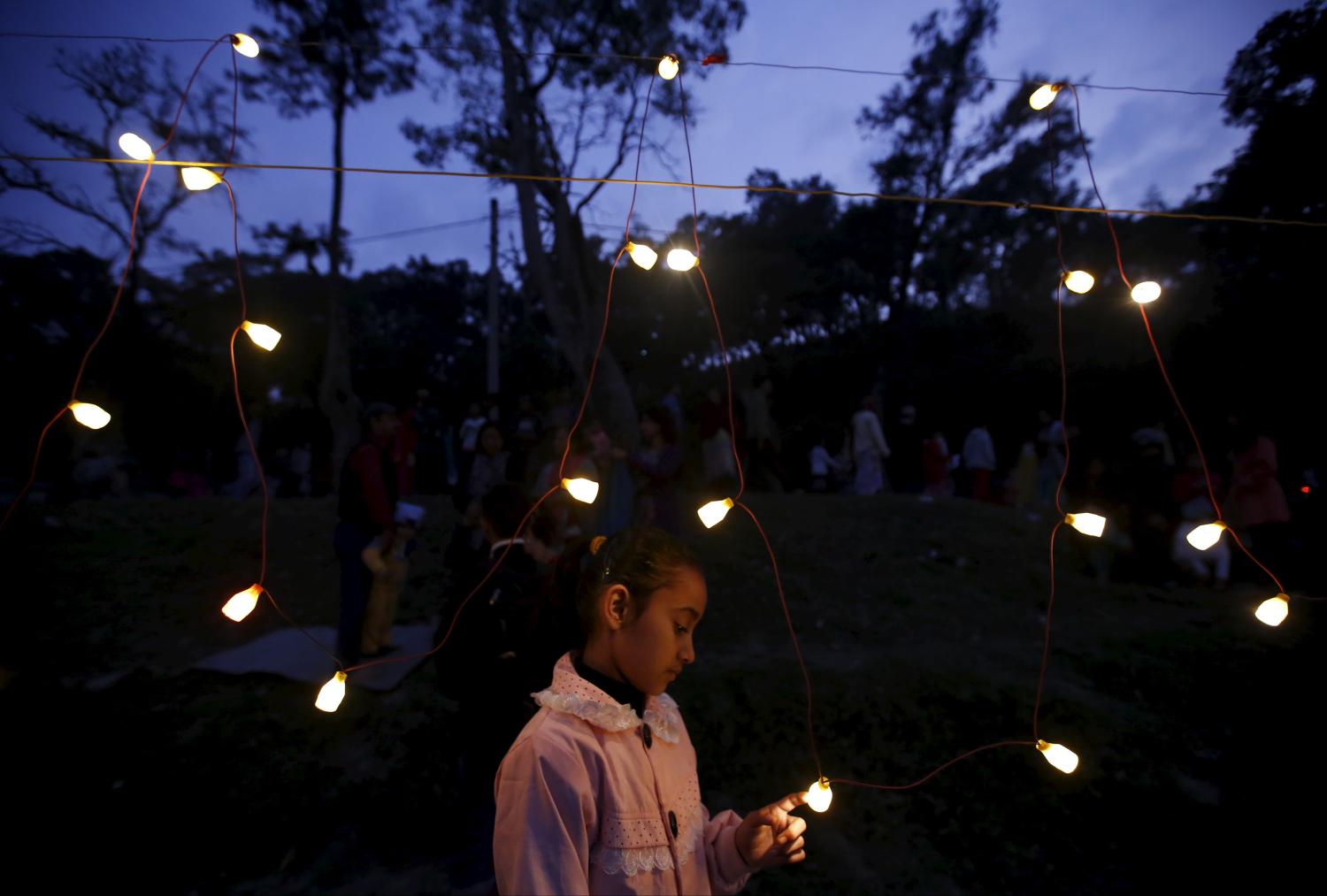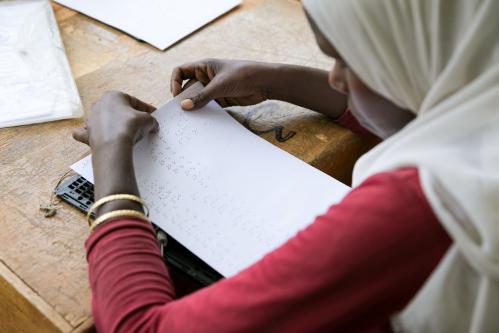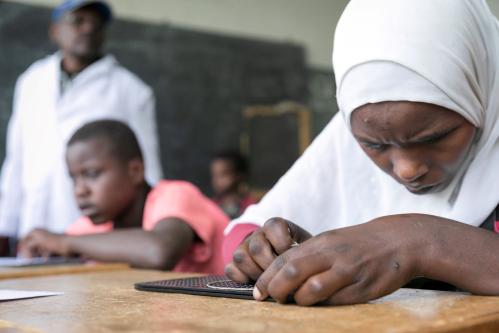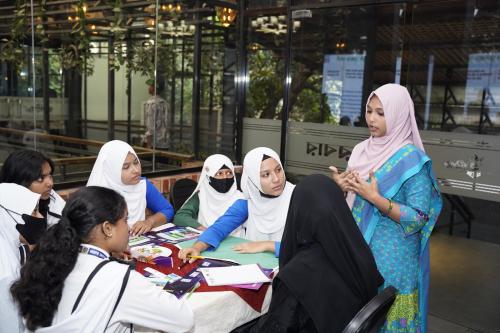Inclusive education is key to achieving sustainable development goals of gender equality and quality education for all. Inclusion of people with disabilities also contributes to economic development (UNICEF, 2021). On top of that inclusive education is a human right that contributes to ensuring other human rights.
Girls with disabilities in Ethiopia, and in the Tigray region in particular, are excluded from education in many ways, which vary from limited participation and learning in schools to complete denial of any type of education. Yet there is a dearth of research on the lived experiences of education of girls with disabilities and the ways that current policies and practices promote or inhibit inclusive education for these girls in the high poverty and post conflict setting of Tigray.
This policy brief presents qualitative research that sheds light on how policy and practice can more effectively ensure inclusive education by investigating the policy and legal frameworks for inclusive education, lived situations of girls with disabilities, barriers to education inclusion, and the factors that support the inclusion of girls with disabilities living at the intersection of war, poverty, and sexual and gender based violence.
The findings highlight infrastructural barriers, resource limitations, discriminatory mindsets and attitudes, and a lack of binding policy enforcement mechanisms. All of these are exacerbated in the context of war, sexual violence, and poverty. While there is evidence that teachers, families, and local organizations have tried to improve inclusive education for girls with disabilities, these efforts are neither adequate nor systemic enough to address the continuum of structural challenges girls with disabilities face.
To improve inclusive education for girls with disabilities in Tigray, local actors and international organizations must work together in coordinated ways. Local actors are key to organically identifying the barriers on the ground and developing adaptable solutions to those problems. International actors can then collaborate with local actors by providing technical, technological, financial, and human resource support. Doing this will improve awareness, strengthen the capacity of stakeholders, alleviate resource limitations, and encourage the enforcement of existing policies and strategies related to inclusive education for girls with disabilities.
The Brookings Institution is committed to quality, independence, and impact.
We are supported by a diverse array of funders. In line with our values and policies, each Brookings publication represents the sole views of its author(s).
